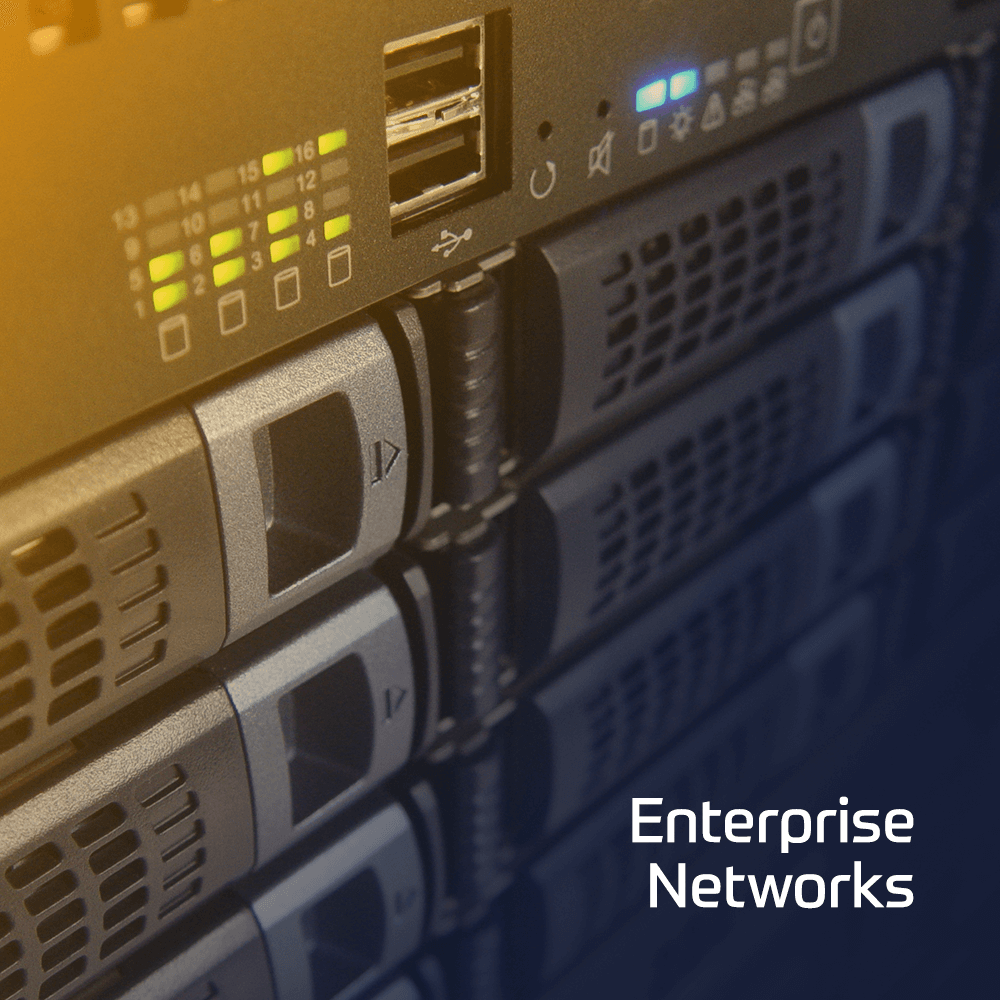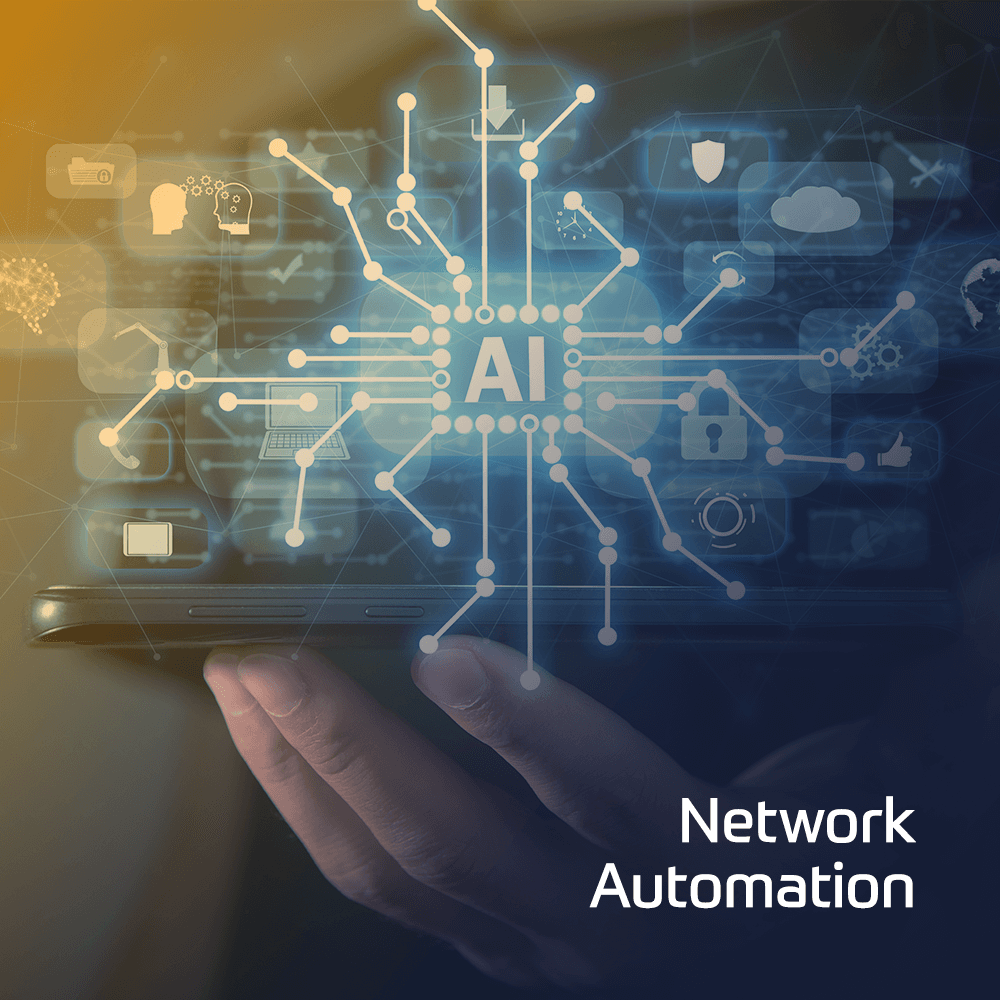This four-day course, which is designed to build off the current Juniper Security (JSEC) offering, delves deeper into Junos security, next-generation security features, and ATP supporting software. Through demonstrations and hands-on labs, you will gain experience in configuring and monitoring the advanced Junos OS security features with advanced coverage of advanced logging and reporting, next generation Layer 2 security, next generation advanced anti-malware with Juniper ATP On-Prem and SecIntel.
This course uses Juniper Networks SRX Series Services Gateways for the hands-on component. This course is based on Junos OS Release 20.1R1.11, Junos Space Security Director 19.4, Juniper ATP On-Prem version 5.0.7.
Associated Certification:
JNCIP-SEC

 Finland
Finland Germany
Germany Denmark
Denmark Sweden
Sweden Italy
Italy Netherlands
Netherlands Norway
Norway 



























 Duration
Duration  Delivery
Delivery  Price
Price